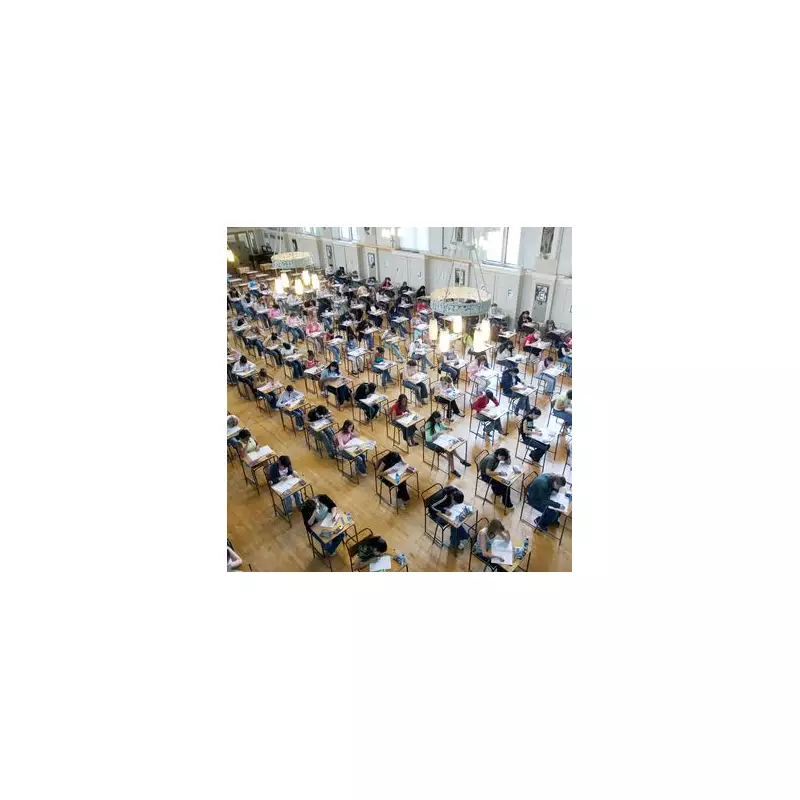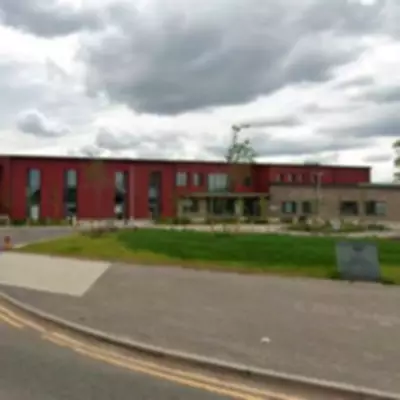
Alarming new research has uncovered a deep educational divide, revealing that students from poorer backgrounds are being systematically locked out of crucial GCSE subjects due to severe financial constraints.
The study, conducted by the Sutton Trust, indicates that a staggering number of state schools are being forced to scale back their GCSE options. This reduction is disproportionately affecting disadvantaged pupils, who are often unable to access subjects considered vital for future university applications and high-earning careers.
The Cost of Learning: A Barrier to Entry
Schools report being squeezed by a perfect storm of rising costs and stagnant funding. This financial pressure translates directly into a reduced curriculum. Expensive-to-run subjects, such as triple science, modern foreign languages, and the arts, are often the first to be cut or restricted.
Furthermore, many families simply cannot afford the additional costs associated with these subjects, including expensive equipment, specialised materials, and potential field trips. This creates an invisible financial barrier that wealthier peers simply do not face.
The Impact on Future Prospects
The consequences of this subject gap are profound. Top universities often have specific GCSE and A-Level subject requirements for entry into competitive courses like medicine, engineering, and modern languages.
By being effectively barred from these GCSEs, students from less affluent backgrounds have their future choices limited before they even turn 16, severely hampering their social mobility and long-term earning potential.
A Call for Action and Equitable Funding
Education charities and experts are urging the government to address this growing crisis. They are calling for:
- Increased and targeted funding for schools to protect and offer a full range of GCSE subjects.
- Financial support schemes to cover the costs of equipment and materials for disadvantaged pupils.
- Transparency in how schools allocate their funding to ensure subject choices are not being unfairly limited.
This research highlights a critical flaw in the education system, where a student's academic destiny is being shaped not by their ability, but by their postcode and their parents' income.





